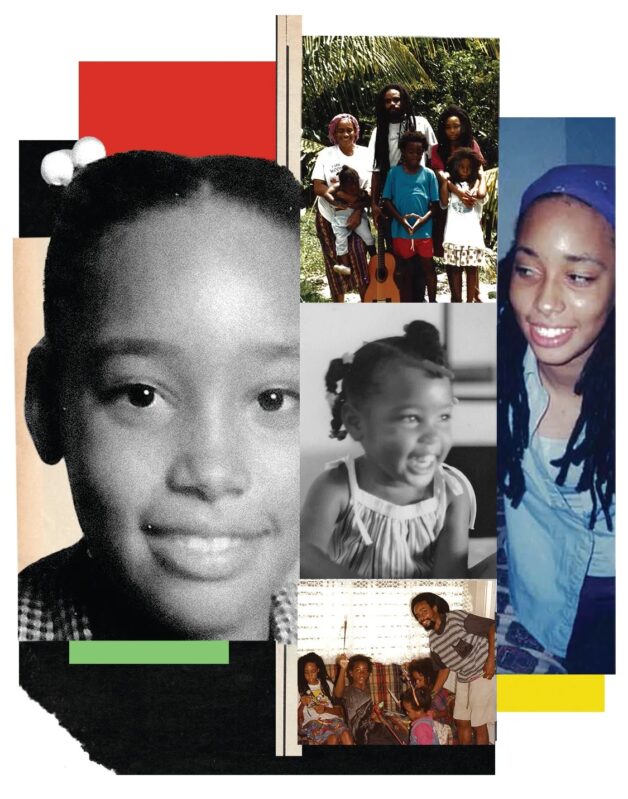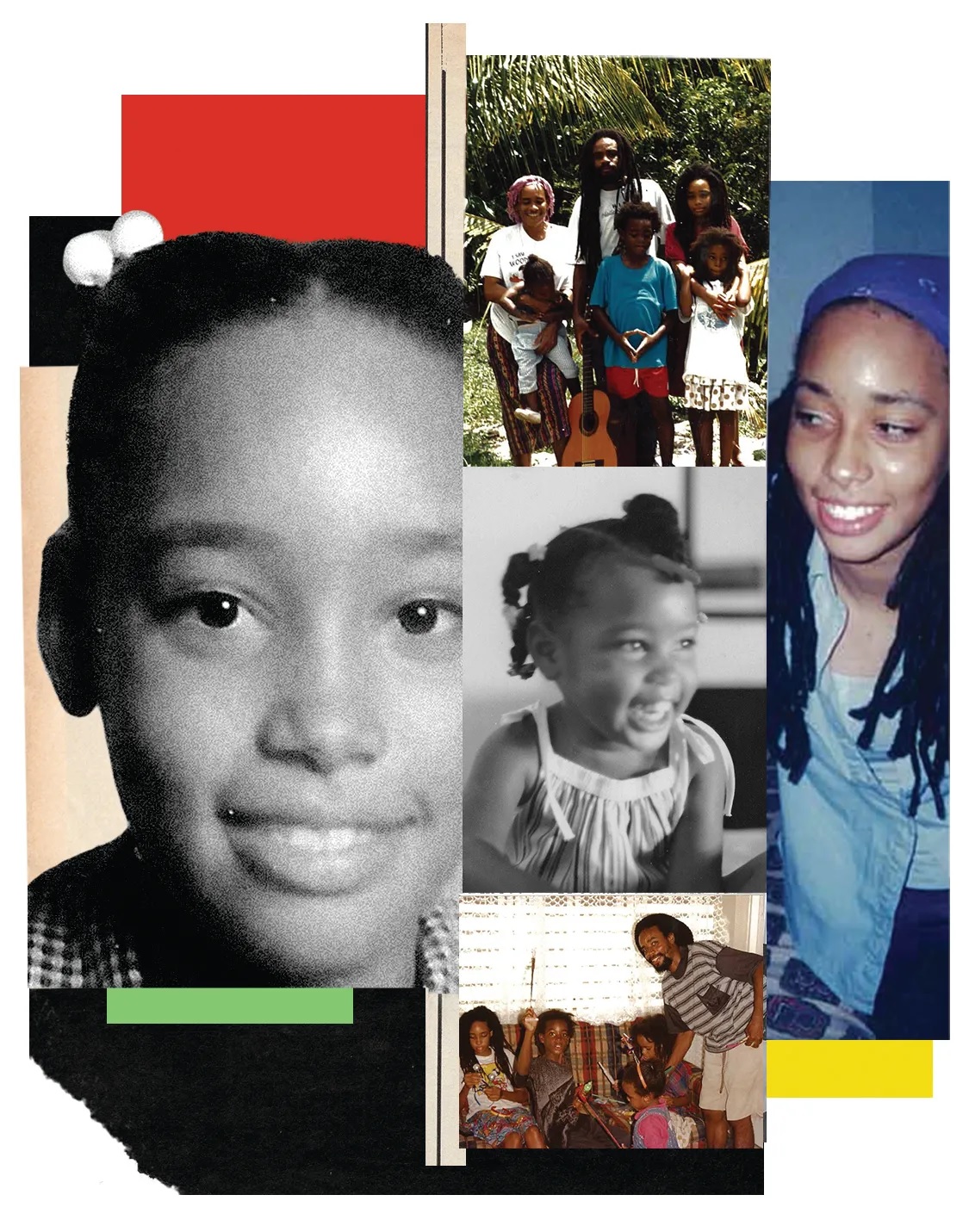Here’s an interesting article from the New Yorker, written by a woman who was raised in a Rastafarian household in Jamaica. Rastafarianism is a utopian religion devoted to racial equality and social justice, and living a mindful life in harmony with nature. This woman’s account of her childhood shows that with all its good intents, if/when adherents turn to extremism, even a religion with such positive bases can become toxic. I’d suggest there’s a lesson here for every faith. EVERY faith.
Her story starts on a positive note:
y father, Djani, had also been seventeen when he took his first trip out of Jamaica. He travelled to New York in the winter of 1979 to find his fortune. It was there, in the city’s public libraries, that my father first read the speeches of Haile Selassie and learned about the history of the Rastafari movement. In the early nineteen-thirties, the street preacher Leonard Percival Howell heeded what is known as the Jamaican activist Marcus Garvey’s call to “look to Africa for the crowning of a Black king,” who would herald Black liberation. Howell discovered Haile Selassie, the emperor of Ethiopia, the only African nation never to be colonized, and declared that God had been reincarnated. Inspired by Haile Selassie’s reign, the movement hardened around a militant belief in Black independence, a dream that would be realized only by breaking the shackles of colonization.
As he read, my father became aware of the racist downpression of the Black man happening in America. He understood then what Rastas had been saying all along, that systemic injustice across the world flowed from one huge, interconnected, and malevolent source, the rotting heart of all iniquity: what the Rastafari call Babylon. Babylon was the government that had outlawed them, the police that had pummelled them, the church that had damned them to hellfire. Babylon was the sinister and violent forces born of western ideology, colonialism, and Christianity that led to the centuries-long enslavement and oppression of Black people. It was the threat of destruction that crept even now toward every Rasta family.
Read the rest of her story:
https://www.newyorker.com/magazine/2023/08/07/revisiting-my-rastafari-childhood.


